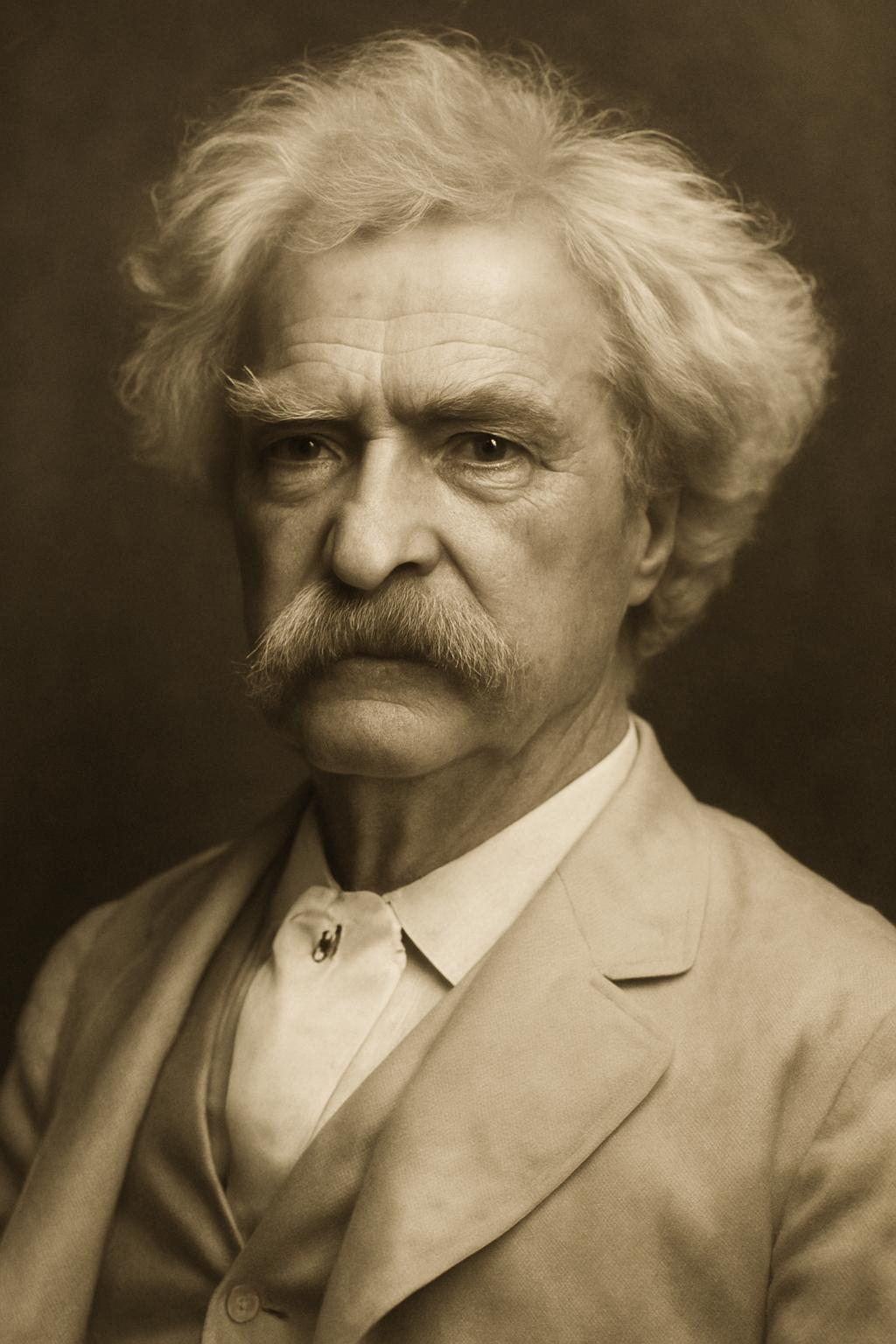
Tuesday, July 22, 2025
No amount of evidence will ever persuade an idiot.

Mark Twain, the great American humorist and satirist, had a gift for slicing through the absurdities of human nature with biting wit. This quote—though debated in authorship—captures the essence of a frustrating truth that many have experienced firsthand: some people simply refuse to change their minds, no matter how strong the facts are.
But what does this really mean—and why does it still matter?
The Deeper Message Behind the Quote
Twain’s quote isn't merely an insult aimed at ignorance. It’s a piercing commentary on willful closed-mindedness—on those who are so locked into their beliefs that evidence, reason, and logic bounce off them like rubber bullets on armor.
Here, the word “idiot” isn’t about intelligence in the IQ sense. It refers to someone who chooses not to think critically or objectively—someone who clings to their worldview no matter how much it contradicts reality.
In today’s polarized and often misinformed world, we encounter this type of resistance everywhere—from social media comment threads to debates around science, politics, and even personal choices. And no matter how sound your reasoning is, you can’t reach someone who has emotionally or ideologically barricaded themselves against new ideas.
This is where Twain’s wisdom kicks in: evidence alone is never enough when someone isn’t truly listening.
The Psychology Behind Stubborn Beliefs
Modern psychology backs this up. People aren’t logic processors—we’re emotional beings first, and facts only make it through the door after we’ve cleared them through our emotional and identity filters.
Key concepts that help explain this include:
Confirmation bias – The tendency to seek out and favor information that confirms what we already believe.
Cognitive dissonance – The mental discomfort that arises when we encounter facts that conflict with our beliefs.
The backfire effect – When confronting someone with contradictory evidence only strengthens their original belief.
In short, Twain nailed something fundamental: persuasion isn’t just about what you say; it’s about whether the other person is willing to hear it.
So, What Can You Do?
When faced with someone who resists evidence or reason, it’s tempting to double down and try harder. But often, that only deepens the divide. Here’s what Twain would likely suggest (if not in so many words):
Choose your battles wisely.
Not every disagreement deserves your energy.Know when to walk away.
If someone is unwilling to think critically, your time is better spent elsewhere.Lead by example.
Rather than trying to win an argument, live and speak with thoughtfulness, curiosity, and humility—qualities that invite dialogue instead of defensiveness.
Origin & Attribution: A Twain-Style Truth
While this quote is often attributed to Mark Twain, there is no definitive record of him writing or saying these exact words. Like many clever quotes that float around the internet, it fits Twain’s style and sentiment, but it's not verifiable in his known works.
That said, the essence of the quote is deeply Twain-esque: he frequently criticized the follies of human stubbornness, hypocrisy, and intellectual laziness. So even if the wording isn’t directly from his pen, the wisdom aligns with his voice.
Why It Still Matters
In an age overflowing with information—but not always understanding—this quote hits home. It’s a reminder that while facts matter, a willingness to listen matters more. And for those who refuse, don’t exhaust yourself trying to prove the obvious.
Instead, save your voice for those who are open to learning—and keep your mind open, too. After all, none of us are immune to bias or blind spots.
As Twain might say: “It ain't what you don't know that gets you into trouble. It's what you know for sure that just ain't so.”
📚 Further Reading & Resources
Books
Thinking, Fast and Slow by Daniel Kahneman
The Righteous Mind by Jonathan Haidt
Mistakes Were Made (But Not by Me) by Carol Tavris & Elliot Aronson
How to Have Impossible Conversations by Peter Boghossian & James Lindsay
The Demon-Haunted World by Carl Sagan
Articles
“The Backfire Effect” – You Are Not So Smart
“Why Facts Don’t Change Our Minds” – The New Yorker
“The Psychology of Closed-Mindedness” – Scientific American
Talks & Videos
TED Talk: “Why You Think You're Right—Even If You're Wrong” by Julia Galef
TEDx: “The Science of Changing Someone’s Mind” by Tali Sharot
PBS American Masters: Mark Twain Biography
Verification & Quotes
Quote Investigator – For tracing quote origins
Mark Twain Project Online – For official Twain texts

